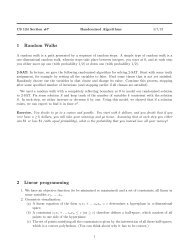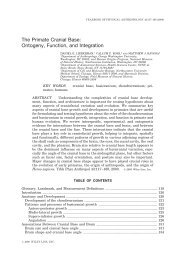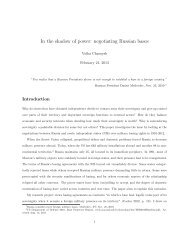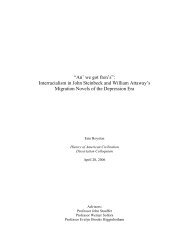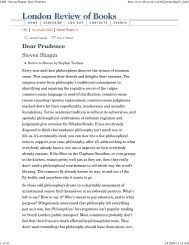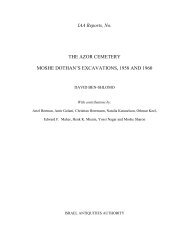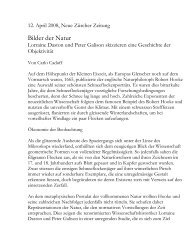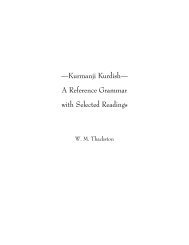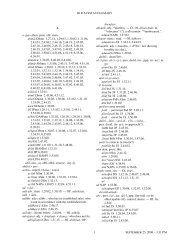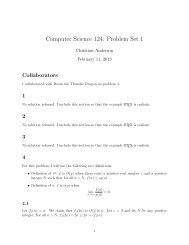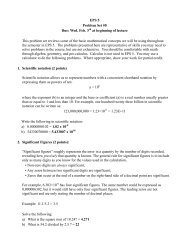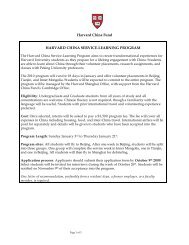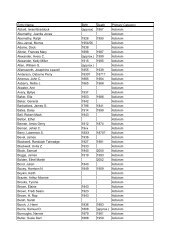—Kurmanji Kurdish— A Reference Grammar with Selected Readings
—Kurmanji Kurdish— A Reference Grammar with Selected Readings
—Kurmanji Kurdish— A Reference Grammar with Selected Readings
You also want an ePaper? Increase the reach of your titles
YUMPU automatically turns print PDFs into web optimized ePapers that Google loves.
kirin ‘to discuss something,’ and bal kişandin ‘to attract attention,’ which<br />
can be extended as bala … kişandin ‘to attract the attention of someone’),<br />
the verb agrees in number (singular or plural) <strong>with</strong> <strong>with</strong> the last element<br />
(not necessarily the last word) in the extension, i.e. if the last element in the<br />
extension is plural, it attracts a plural verb, as in the following:<br />
Wî ji min re behsa serpêhatiyên xwe<br />
kirin.<br />
He discussed his adventures <strong>with</strong> me.<br />
Here the extended patient is behsa serpêhatiyên xwe ‘discussion of his<br />
adventures,’ and the past verb kirin agrees in the plural <strong>with</strong> the last element<br />
in the sequence, serpêhatiyên xwe ‘his adventures.’<br />
Wêneyên min bala rojname û<br />
hunermendan kişandin.<br />
My pictures attracted the attention of<br />
newspapers and artists.<br />
In this example the extended patient is bala rojname û hunermendan ‘the<br />
attention of newspapers and artists,’ and the plural verb kişandin agrees<br />
<strong>with</strong> the last element in the sequence, the plural hunermendan ‘artists.’<br />
Kemalîstên tirk fermana bi dardakirina<br />
Emîn Elî Bedirxan û hersê<br />
kurên wî jî derxistin.<br />
THE VERB<br />
The Turkish Kemalists issued an order to<br />
hang Emin Ali Bedirkhan and all three<br />
of his sons.<br />
In this example the extended patient is fermana bi dardakirina Emîn Elî<br />
Bedirxan û hersê kurên wî ‘an order to hang Emin Ali Bedirkhan and all<br />
three of his sons,’ and the plural verb derxistin agrees <strong>with</strong> the last element<br />
in the extended patient, hersê kurên wî ‘all three of his sons.’<br />
§ 18.4. The Past Tense of Xwestin. The past tense of a transitive verb like<br />
xwestin is ergative, but the following subjunctive complement is not.<br />
Therefore, even when the subject of the two verbs is the same, the two pronouns—one<br />
oblique for the ergative and the other nominative for the subjunctive—must<br />
be expressed, and optionally ku may intervene between the<br />
two verbs. An example is the conjugation of the phrase “I wanted to say”:<br />
min xwest (ku) ez bibêjim me xwest (ku) em bibêjin<br />
te xwest (ku) tu bibêjî we xwest (ku) hun bibêjin<br />
wî xwest (ku) ew bibêje wan xwest (ku) ew bibêjin<br />
51



